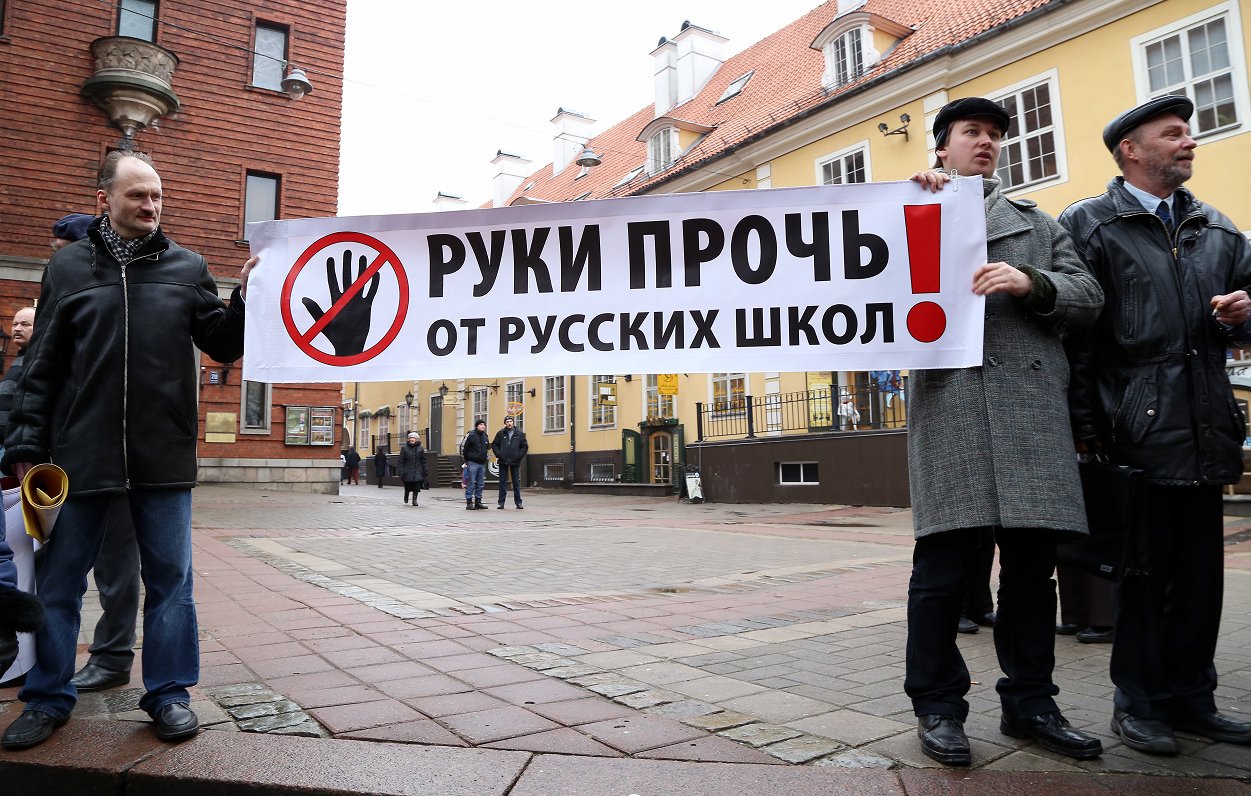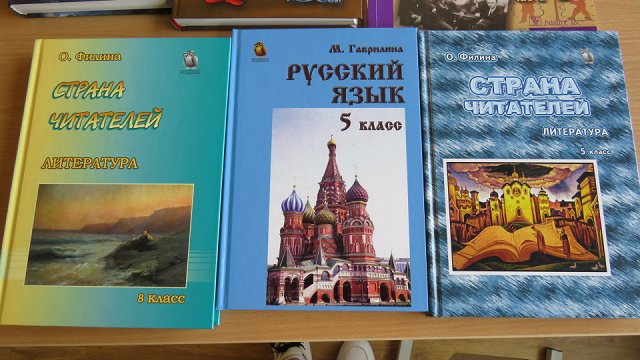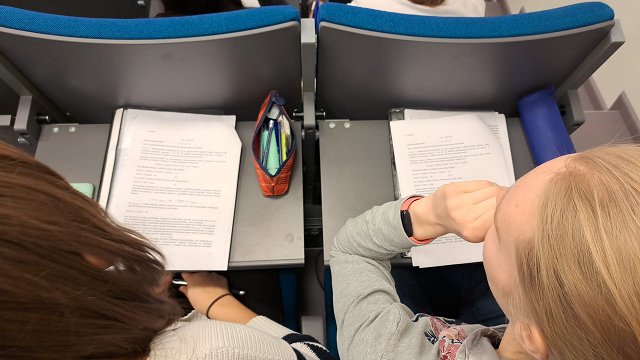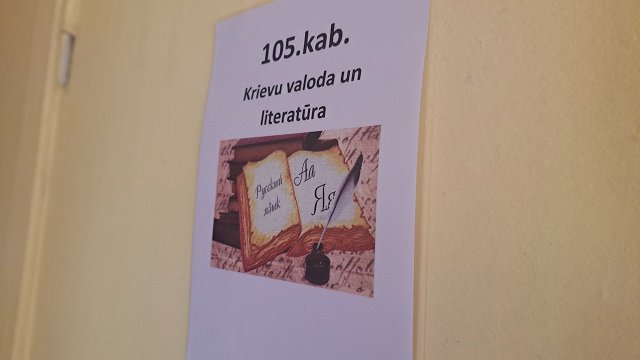Latvia's internal policy violates the rights of Russian-speakers in Latvia, Duma lawmakers claimed, adding that it "violates the principles observed by most civilized countries."
"New generations of persons belonging to national minorities in Latvia are threatened with illiteracy and loss of national identity," the statement says and demands "special economic measures" be taken.
The Duma also said it would complain to the United Nations, the Organization for Security and Co-operation in Europe (OSCE), the Council of Europe and various other bodies.
The single state language in Latvia is Latvian.
According to article 68[1] of the Constitution of 1993, the single state language across the whole of the Russian Federation is Russian. Other languages can have official status in various republics of the Federation but the language of instruction in Russian state schools - other than kindergartens - is Russian, just as the language of instruction in Latvian state schools - other than kindergartens - will be Latvian.
According to this academic paper on the subject, in 2012 the Duma approved the law “On education in the Russian Federation.” Article 14 stipulates that education is guaranteed in the state language of the Federation, Russian, while the right to choose the language of instruction in ethnic republics "can be introduced" provided it is “within the opportunities offered by the education system” and “should not be to the detriment of the teaching and learning of the state language of the Russian Federation.”
In 2015 Russian President Vladimir Putin held forth on the subject, declaring: "We have to understand that our informational, cultural and state unity, the unity of the Russian people directly depends on how well our young people master the Russian language, on its status and spread.
"The ability to freely and properly use the Russian language opened up greater opportunities for representatives of any nationality in terms of using their potential, getting an education and achieving professional success," Putin said - words not dissimilar to those of Latvia's President Raimonds Vējonis in promulgating the new law.
































